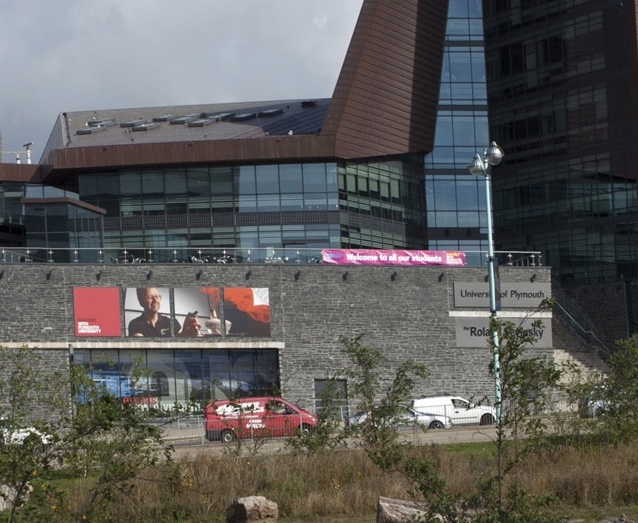09 December 2015

Infrastructure optimisation has helped Plymouth University achieve 20 per cent service management saving over 18 months.
Plymouth University is using Aurora365’s network monitoring and optimisation platform to create what’s described as “network operations centre culture” for thousands of users across multiple sites.
According to the vendor, adopting a NOC culture requires organisations to build intelligence into their existing infrastructure monitoring investment through the tuning of alerts and their responses to them.
By defining the correct dependencies, rules, alerts, escalation processes and automations, Aurora365 says organisations such as Plymouth University are now able to achieve NOC-style performance levels at a fraction of the cost of building their own bespoke centres.
The university first deployed Aurora365 to monitor the performance of its Cisco network in 2013, and added uptime assurance for its extensive estate of IT servers and web applications in 2014.
It’s claimed this has led to a number of key benefits, contributing to a significant 20 per cent saving in Plymouth’s overall services management budget and freeing up funds for student facing facilities and services.
As part of its so-called NOC culture, the university’s IT department can now monitor average website transaction times, identifying service degradation before it becomes critical. They can track actual Wi-Fi usage performance with campus heat maps, ensuring greater accuracy when planning for future demand.
Aurora365’s platform has also enabled the provision of an automated break/fix service, and optimised server performance which has resulted in a 20 per cent reduction in overall server numbers.
The university’s "NOC" has to deal with the challenge of supporting upwards of 75,000 user devices concurrently.
“Today’s students quite rightly expect always-on performance,” says Gary Bayliss, head of service management at Plymouth University.
“However, with most of them now using around three devices concurrently, we’re effectively dealing with the challenge of supporting upwards of 75,000 user devices concurrently.
"Working with Aurora365 we’ve been able to keep on refining our infrastructure monitoring approach, and are now proactively watching for outage events so that we’re ready to provide the kind of immediate real-time responsiveness that helps us guarantee uptime.”
Aurora365 adds that few organisations have the resources available to employ full-time monitoring agents in a dedicated, round the clock NOC setup.
Company director Jeff Curley says: “The job of running the infrastructure of a university campus is like running the ICT of a small town due to the complexity, geographical distribution and sheer volume of requirement. Add to this the natural expectation of always-on service demanded by today’s highly connected user, and it’s a very tough gig indeed.”










